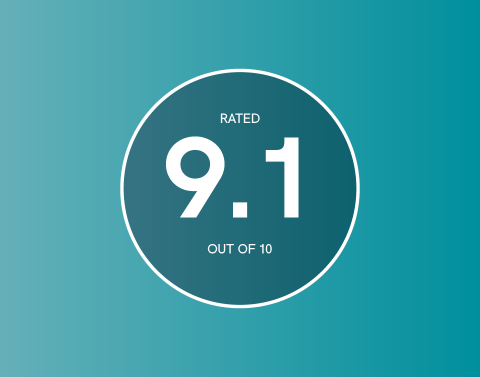Healthy competition between Republicans and Democrats is, by now, an almost constitutional given. Who could have anticipated that this particular battle would result in Donald Trump’s victory over Hillary Clinton? Nevertheless, on 8th November 2016, Donald J Trump won the American general election, and on 20th January 2017 pledged his allegiance to the most powerful office in the Free World. To him, ‘Make America Great Again’ wasn’t just a slogan, it was a promise. A mission to repay the ‘millions of hardworking Americans who have been forgotten’. But how will he achieve this, and what impact will his policymaking make on the economy?
1. Tighter immigration
A major focus of Trump’s campaign was to exact more control over immigration. Beyond his intention to build a wall along the Mexican border, Trump has vowed to deport ‘criminal aliens’ from day one, suspend immigration from any nation deemed to be US-hostile, and amend the H-1B Visa policies so migrant workers face even more red tape. This measure is designed to free-up jobs for Americans, but within an agenda that not only promotes xenophobia, but costs taxpayers between $400 and $600 billion. There’s also the impact on international commerce, with businesses now having to navigate a nation bureaucratically and culturally opposed to their workforce.
2. Dodd-Frank repeals
One of the more positive aspects of Trump’s presidency lies in the banking and financial services sector. Republican rhetoric has tended towards a softening of the Dodd-Frank law, a regulatory reform that orders institutions to undergo yearly ‘stress tests’ to ensure they can withstand economic downturn. While the practice makes sense in theory, it has resulted in over-regulation and reticence to invest – slowing down the market and stunting growth. Trump has shown a firm desire to repeal this law, which may prove liberating for investment bankers and brokers.
3. Tax cuts
A tax structure that favours the wealthy is a classic trope of conservative politics, but Trump is trying to create his in a more populist fashion. He has expressed plans to cap business taxes at 15% for all kinds of establishments, which would lead to an 11% growth in GDP, 65% wage increase, 29% larger capital stock and 5.3 million new jobs. It would also lead to a $10 trillion reduction in tax revenues, though he purports this won’t be added to the deficit. Reform may appeal to the self-employed or mom-and-pops of the economy, but public feeling remains cautious, as people note that higher-earning businesses still stand to gain more.
These are only a few of the areas Trump has discussed, and so far, the implications are unclear this early into his presidency. We’ll continue to assess how his administration adjusts to changing tides, especially with regards to the markets that affect our clients and candidates. Keep checking www.ojassociates.com/blog for updates.



